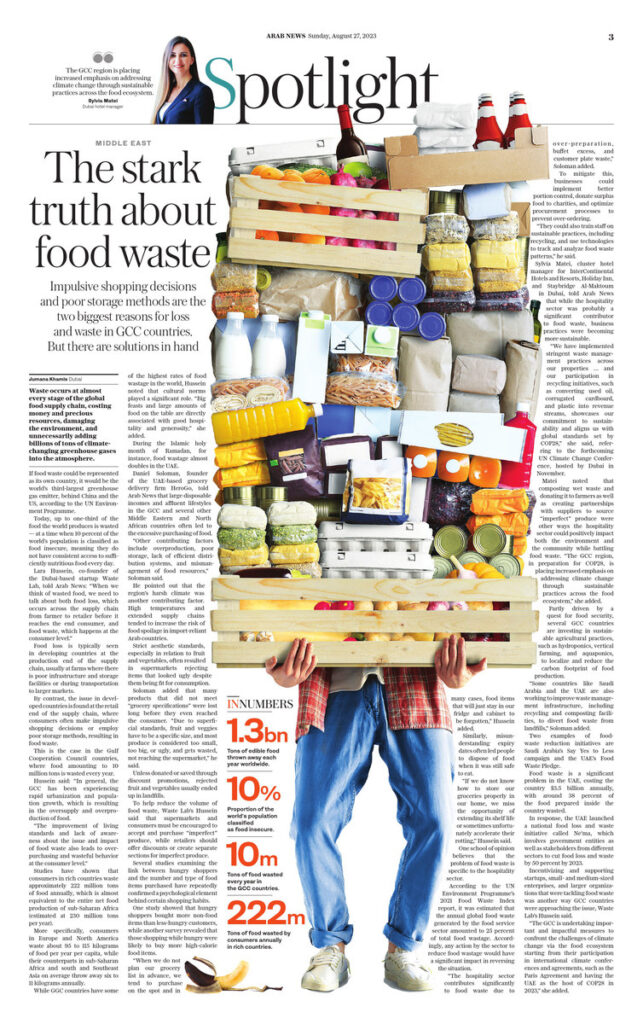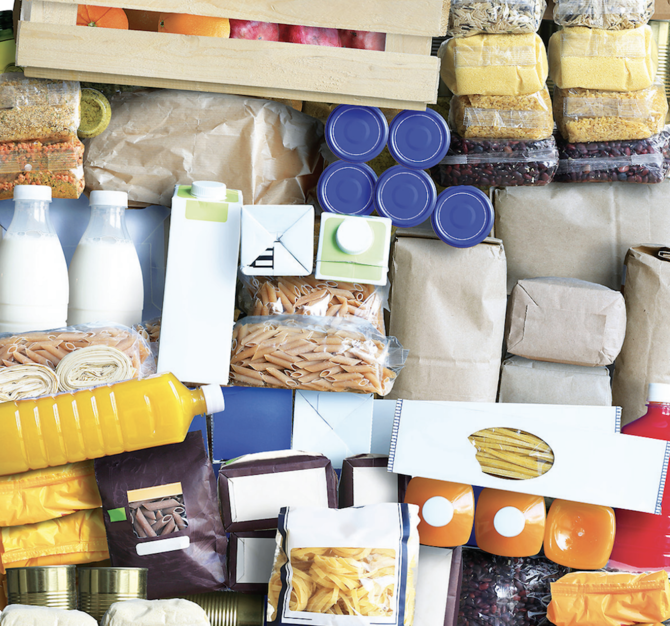
- ARAB NEWS
- 13 Jul 2025

DUBAI: Waste occurs at almost every stage of the global food supply chain, costing money and precious resources, damaging the environment, and unnecessarily adding billions of tons of climate-changing greenhouse gases into the atmosphere.
If food waste could be represented as its own country, it would be the world’s third-largest greenhouse gas emitter, behind China and the US, according to the UN Environment Programme.
Today, up to one-third of the food the world produces is wasted — at a time when 10 percent of the world’s population is classified as food insecure, meaning they do not have consistent access to sufficiently nutritious food every day.
Looking at the scale of the problem in terms of calories, current global food waste is equivalent to around 400 to 500 calories per person per day in developing countries and as much as 1,500 calories per person in developed countries.
Inefficient harvesting methods and limited access to farming technology, as well as wasteful consumer habits, mean that some 1.3 billion tons of edible food are thrown away each year, according to the UN Food and Agriculture Organization.
Lara Hussein, co-founder of the Dubai-based startup Waste Lab, told Arab News: “When we think of wasted food, we need to talk about both food loss, which occurs across the supply chain from farmer to retailer before it reaches the end consumer, and food waste, which happens at the consumer level.”
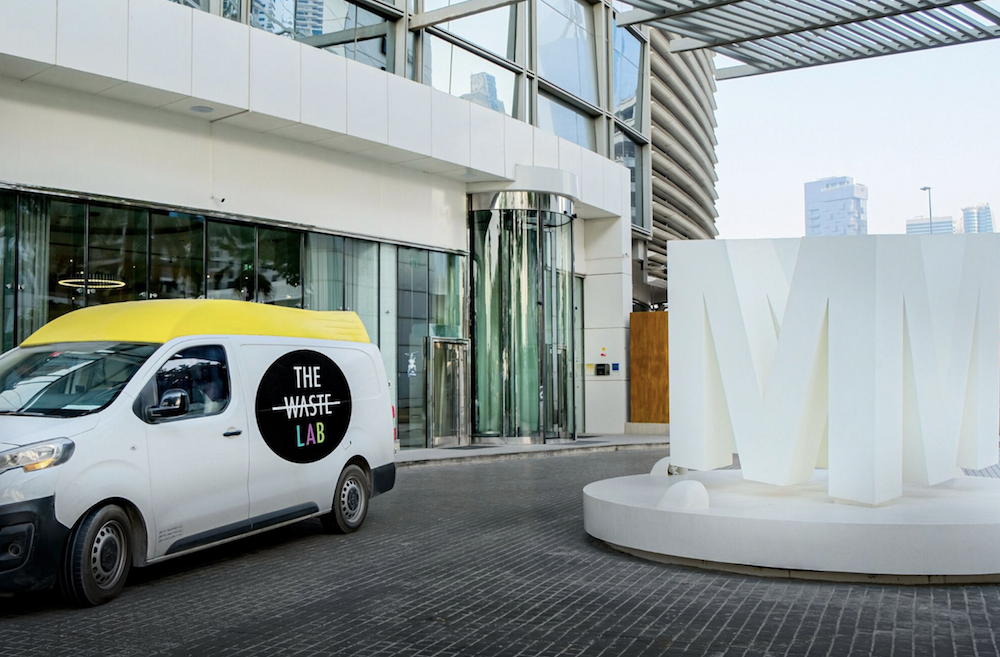
Food loss is typically seen in developing countries at the production end of the supply chain, usually at farms where there is poor infrastructure and storage facilities or during transportation to larger markets.
By contrast, the issue in developed countries is found at the retail end of the supply chain, where consumers often indulge in impulsive buying or employ poor storage methods, resulting in food waste.
This is the case in the Gulf Cooperation Council countries, where food amounting to 10 million tons is wasted every year.
“In general, the GCC has been experiencing rapid urbanization and population growth, which is resulting in the oversupply and overproduction of food,” Hussein said.
“The improvement of living standards and lack of awareness about the issue and impact of food waste also leads to over-purchasing and wasteful behavior at the consumer level.”
Studies have shown that consumers in rich countries waste approximately 222 million tons of food annually, which is almost equivalent to the entire net food production of sub-Saharan Africa (estimated at 230 million tons per year).
More specifically, consumers in Europe and North America waste approximately 95 to 115 kilograms of food per year per capita. The corresponding figures for sub-Saharan Africa and South and Southeast Asia are 6-11 kilograms.
GCC countries have some of the highest rates of food wastage in the world, and Waste Lab’s Hussein believes this can be attributed partly to cultural norms.
“Big feasts and large amounts of food on the table are directly associated with good hospitality and generosity,” she said.
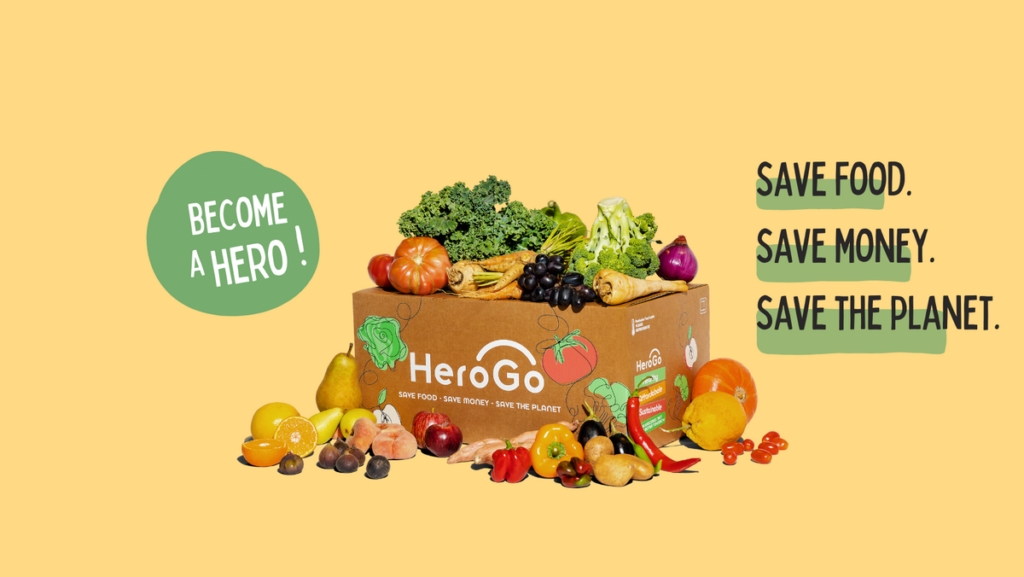
During the Islamic holy month of Ramadan, for instance, food wastage almost doubles in the UAE.
Daniel Soloman, founder of the UAE-based grocery delivery firm HeroGo, told Arab News that large disposable incomes and affluent lifestyles in the GCC and several other Middle Eastern and North African countries often led to the excessive purchasing of food, which could contribute to food wastage.
“Other contributing factors include overproduction, poor storage, lack of efficient distribution systems, and mismanagement of food resources,” he said.
He pointed out that the region’s harsh climate was another contributing factor. High temperatures and extended supply chains tended to increase the risk of food spoilage in import-reliant Arab countries.
Strict aesthetic standards, especially in relation to fruit and vegetables, often resulted in supermarkets rejecting items that looked ugly despite them being fit for consumption.
Soloman added that many products that did not meet “grocery specifications” were lost long before they even reached the consumer.
“Due to superficial standards, fruit and veggies have to be a specific size, and most produce is considered too small, too big, or ugly, and gets wasted, not reaching the supermarket,” he said.
Unless donated or saved through discount promotions, rejected fruit and vegetables usually ended up in landfills.
To help reduce the volume of food waste, Hussein said that supermarkets and consumers must be encouraged to accept and purchase “imperfect” produce, while retailers should offer discounts or create separate sections for imperfect produce.
Several studies examining the link between hungry shoppers and the number and type of food items purchased have repeatedly confirmed a psychological element behind certain shopping habits.
One study showed that hungry shoppers spent 60 percent more and bought more non-food items than less-hungry customers, while another survey revealed that those shopping while hungry were likely to buy more high-calorie food items.
“When we do not plan our grocery list in advance, we tend to purchase on the spot and in many cases, food items that will just stay in our fridge and cabinet to be forgotten,” Waste Lab’s Hussein said.
Similarly, misunderstanding expiry dates often led people to dispose of food when it was still safe to eat.
“If we do not know how to store our groceries properly in our home, we miss the opportunity of extending its shelf life or sometimes unfortunately accelerate their rotting,” she said.
One school of opinion believes that the problem of food waste is specific to the hospitality sector.
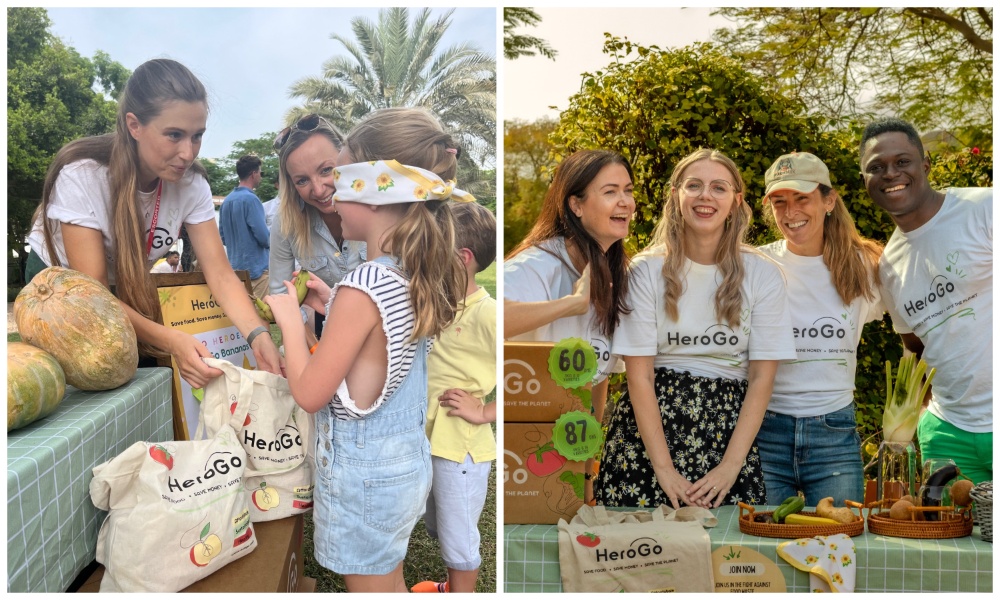
According to the UN Environment Programme’s 2021 Food Waste Index report, it was estimated that waste generated by the food-service sector every year amounted to 25 percent of total global food wastage.
Accordingly, any action by the sector to reduce food wastage would have a significant impact in reversing the situation.
“The hospitality sector contributes significantly to food waste due to over-preparation, buffet excess, and customer plate waste,” HeroGo’s Soloman said.
To mitigate this, businesses could implement better portion control, donate surplus food to charities, and optimize procurement processes to prevent over-ordering.
“They could also train staff on sustainable practices, including recycling, and use technologies to track and analyze food waste patterns,” he said.
Sylvia Matei, cluster hotel manager for InterContinental Hotels and Resorts, Holiday Inn, and Staybridge Al-Maktoum in Dubai, told Arab News that while the hospitality sector was probably a significant contributor to food waste, business practices were becoming more sustainable.

“We have implemented stringent waste management practices across our properties … and our participation in recycling initiatives, such as converting used oil, corrugated cardboard, and plastic into revenue streams, showcases our commitment to sustainability and aligns us with global standards set by COP28,” she said, referring to the forthcoming UN Climate Change Conference, hosted by Dubai in November.
Matei said composting wet waste and donating it to farmers, and creating partnerships with suppliers to source “imperfect” produce, were other ways the hospitality sector could positively impact both the environment and the community while battling food waste.
“The GCC region, in preparation for COP28, is placing increased emphasis on addressing climate change through sustainable practices across the food ecosystem,” she said.
Partly driven by a quest for food security, several GCC countries are investing in sustainable agricultural practices, such as hydroponics, vertical farming, and aquaponics, to localize and reduce the carbon footprint of food production.
“Some countries like Saudi Arabia and the UAE are also working to improve waste management infrastructure, including recycling and composting facilities, to divert food waste from landfills,” HeroGo’s Soloman said.
Two examples of food-waste reduction initiatives are Saudi Arabia’s Say Yes to Less campaign and the UAE’s Food Waste Pledge.
Food waste is a significant problem in the UAE, costing the country $3.5 billion annually, with around 38 percent of the food prepared inside the country wasted.
In response, the UAE launched a national food loss and waste initiative called Ne’ma, which involves government entities as well as stakeholders from different sectors to cut food loss and waste by 50 percent by 2023.
Incentivizing and supporting startups, small- and medium-sized enterprises, and larger organizations that were tackling food waste was another way GCC countries were approaching the issue, according to Waste Lab’s Hussein.
“The GCC is undertaking important and impactful measures to confront the challenges of climate change via the food ecosystem starting from their participation in international climate conferences and agreements, such as the Paris Agreement and having the UAE as the host of COP28 in 2023,” she said.
